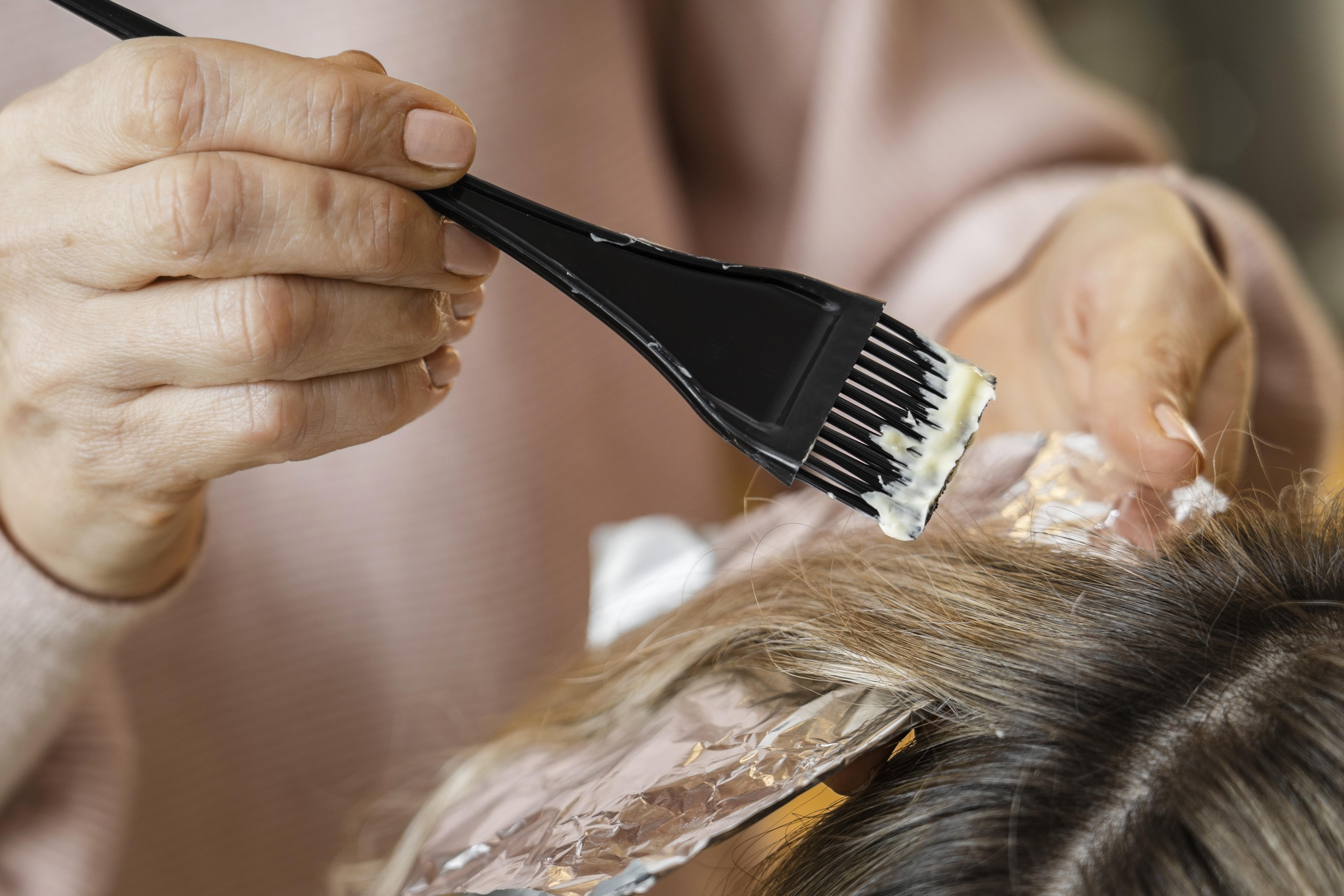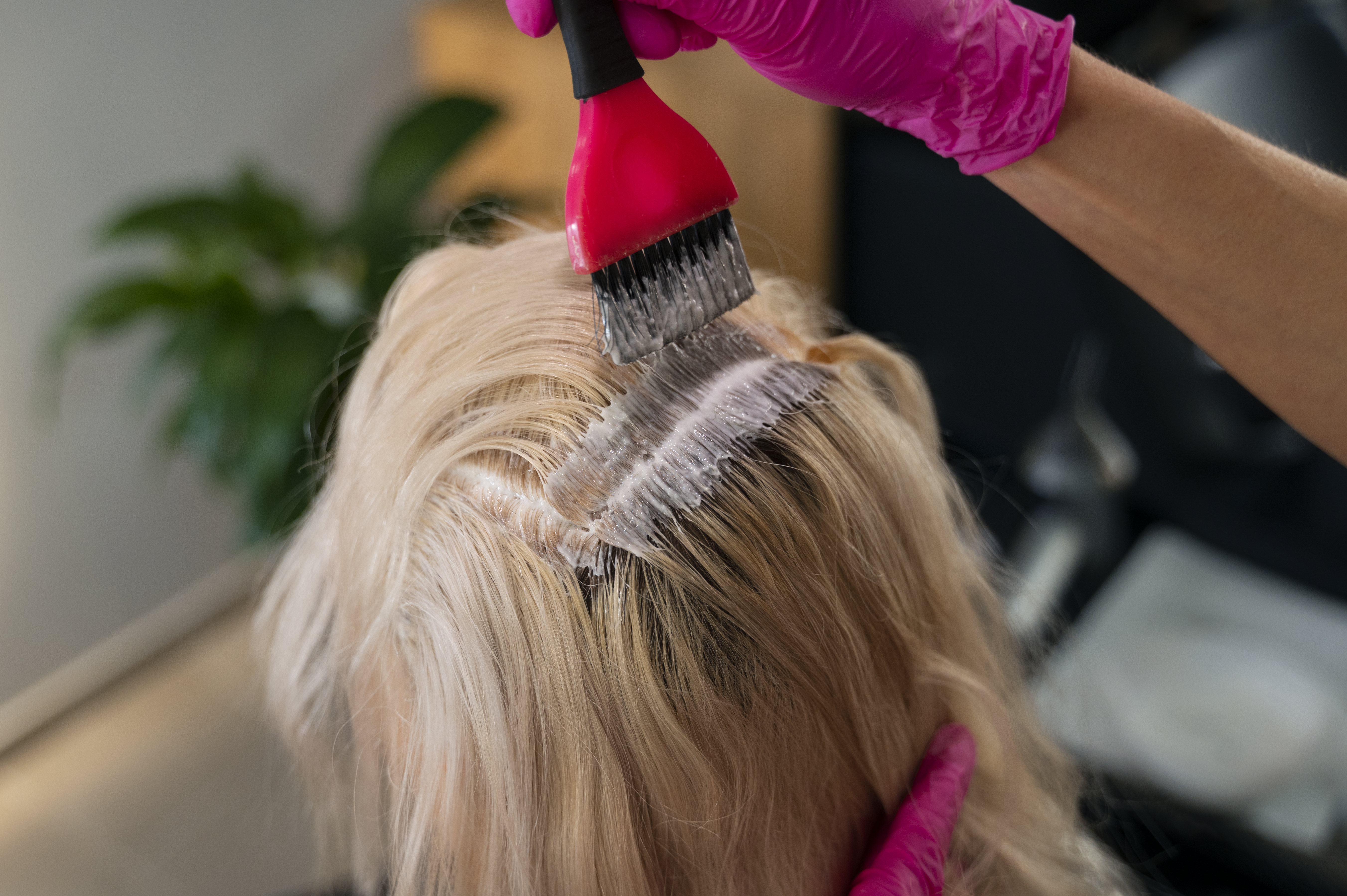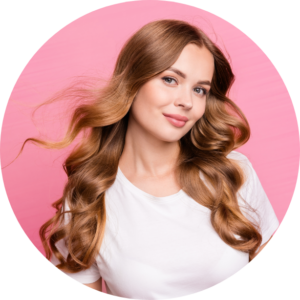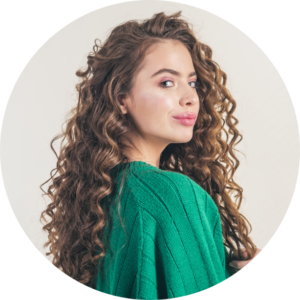Foils Vs All Over Color: What’s the Right Hair Color Technique for You?

If you are thinking about transforming your look, nothing can quite make a bigger impact than a new hair color. Hair foil colors and all-over color are, by far, the most popular hair foil colours ideas for hair transformation. Each has its advantages and disadvantages as well.
In this guide, we discuss both hair coloring techniques with the aim of helping you choose the one that is right for you. We’ll start by explaining each and how it is done, and introduce more important details for each, like the pros and cons. Let’s get started!
What are Foils in Hair Dressing?
Foil highlighting refers to a technique where a hairstylist selects specific hair sections to color while leaving others intact. They then wrap the selected hair section in foil so they can process it separately from the rest of the hair. This method allows them to place hair color precisely for a multi-dimensional result.
Hair foils provide versatility in hair coloring if you are looking for bold contrast or soft dimensions. The hair color application technique works by isolating strands of your hair, applying the color, and then wrapping them in foil while leaving the surrounding hair intact.
Using All-Over Hair Color for Complete Transformation
Unlike foils, all-over color (sometimes called single-process color) involves applying the same shade to your entire head of hair. This technique delivers uniform coverage and is particularly effective for covering gray hair or completely changing your base color.
All over blonde color, for example, creates a consistent shade throughout your hair for a dramatic transformation. This approach works well when you want a complete color change rather than dimensional highlights.
How to Make the Choice Based on Existing Hair Color

Here are our expert tips on choosing the best technique based on your current hair color:
For Dark Brown Hair Color
If you have dark brown hair and want to go lighter, foils are often the gentler approach. They allow you to introduce lighter pieces without the damage that can come from lifting your entire head of dark hair to a light blonde.
Dark roots paired with strategically placed foil colours for blonde hair create a modern, low-maintenance look that grows out naturally. This technique also preserves the health of your hair by limiting chemical processing to selected sections.
For Light Brown or Blonde Hair
Those with light brown hair have flexibility with both techniques. Foils can add bright blonde accents or caramel highlights for dimension. At the same time, an all-over approach might introduce a rich, warm blonde throughout.
Natural blonde hair often benefits from foil techniques to enhance what nature already provided. Adding cool blonde or warm blonde foils can elevate your natural color to a more polished version of itself.
Choosing Hair Coloring Methods Based on Skin Tone
Similar to existing hair color, your skin tone also plays a vital role in the hair color’s outcome. Consider the following:
- Warm skin tones typically complement warm tones in hair like caramel blonde, strawberry blonde, or golden hues.
- Cool skin tones often look stunning with cool blonde, platinum blonde, or ash-based shades.
- Neutral skin tones have the flexibility to wear either warm or cool tones.
You or your hairstylist needs to understand the relationship between hair color and skin tone to ensure the new hair color enhances natural features as opposed to competing with them.
What are some of the popular Foil Color Combinations?
The following are some of the popular foil color combinations to try in 2025:
Sun-Kissed Dimension
If you are going for natural-looking enhancement, we recommend combining a base color that is close to your natural shade with strategically placed foils that are a few shades lighter. This will create a beautiful sun-kissed effect that looks like it was achieved on a beach vacation instead of a salon chair.
The Blonde Money Piece
The blonde money piece is a trendy technique that involves creating a bold and bright blonde section that frames the face (money piece) while using less pronounced foil colours for blonde hair on the rest of the head. It is a face-framing technique that brightens the complexion and draws attention to facial features.
Multi-Dimensional Blends
You can also opt for multi-dimensional color techniques that involve using more than one complementary shade in foils to create some depth and movement. As an example, combine caramel highlights with darker lowlights to create a rich, textured appearance that shifts in different lighting.
When All-Over Color Might Be the Better Option

All-over color is often the preferred choice when:
- You want to cover gray hair thoroughly.
- You’re looking for a dramatic change (like going from dark brown to a rich dark blonde).
- You prefer a low-maintenance color that doesn’t require frequent touch-ups.
- You want uniform, consistent color from roots to ends.
An all-over application of warm blonde or cool tones can create a striking transformation, especially when the selected shade complements your skin tone and eye color.
Foil Maintenance
Foil highlighting usually requires touch-ups every 6-12 weeks, depending on how quickly your hair grows and how noticeable you want the contrast between your natural color and highlights to be. The good news is that foils often grow out more naturally than all-over color, as the dimension they create helps blend the line of demarcation.
All-Over Color Maintenance
All-over color generally needs refreshing every 4-6 weeks as your natural hair color grows in at the roots. This is especially true if there’s a significant difference between your natural color and your chosen shade, or if you’re covering gray hair.
How to Make Your Decision
When deciding between foils and all-over color, consider the following factors:
- Your desired result (subtle dimension vs. complete transformation).
- Your maintenance tolerance and budget.
- Your natural hair color and its relationship to your desired shade.
- The health and condition of your hair.
- Your lifestyle and how much time you can dedicate to hair care.
The Hybrid Approach
Many clients opt for a combination of techniques to achieve their ideal look. For instance, an all-over base color to cover gray, with foils added for dimension and brightness. Blonde balayage (a hand-painted highlighting technique) combined with foils can create a natural-looking gradation of color that grows out beautifully.
Final Thoughts
The most important factor, regardless of the choice you make, is working with a skilled colorist who understands your vision and hair needs. Bring inspiration photos, be realistic about maintenance, and trust your stylist’s expertise regarding what will work best with your hair type and lifestyle. Talk to a professional hairstylist near you today.






